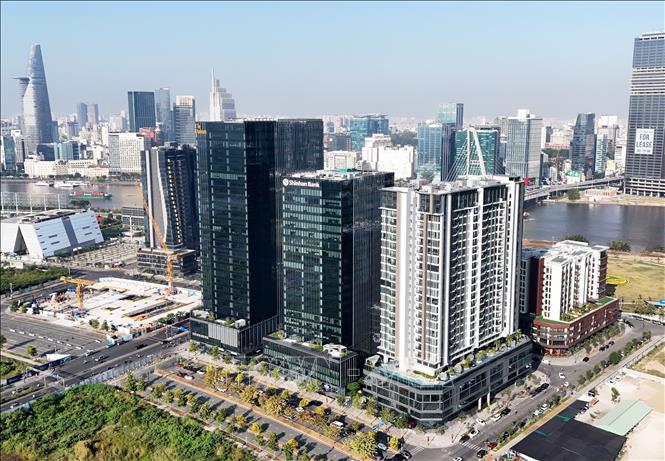
Investors are closely monitoring this project, expecting a transparent legal framework, diverse investment products, modern infrastructure and an attractive living environment - key factors for IFC to become a reliable destination for international capital flows.
Investors "waiting" for IFC Vietnam
A member of the Advisory Group for the establishment of the International Finance Center (IFC) Vietnam in Ho Chi Minh City said that recently, the city leaders and departments have continuously welcomed many delegations to learn about and discuss the IFC project. The frequency of such meetings clearly reflects the increasing interest of the investor community in the plan to develop a financial center in Ho Chi Minh City.
Such interest comes as the Vietnamese financial market has recorded many positive signals internationally. Recently, FTSE Russell has officially upgraded the Vietnamese stock market to the “secondary emerging market” group, while Ho Chi Minh City has also risen three places to 95th in the 38th Global Financial Centres Index (GFCI 38), surpassing Bangkok (Thailand). These advances are considered an important foundation for investors to expect the prospect of forming IFC Vietnam.
In this context, IFC Vietnam has also become the focus at investor conferences, typically the annual Investor Conference organized by VinaCapital Group last week, attracting special attention from foreign investors.
Mr. Don Lam, CEO and founding shareholder of VinaCapital, said that some investors are closely following the progress of IFC implementation in Ho Chi Minh City and waiting for clearer signals to be able to participate.
According to him, Vietnam is still a market with a lot of capital space, especially in the fields of economic infrastructure and private sector development. Therefore, IFC is expected to create a market with long-term capital, providing better support for these fields.
At the UK-Vietnam Business Summit organized by BritCham Vietnam in Ho Chi Minh City on November 5, Ms. Alexandra Smith, British Consul General in Ho Chi Minh City, commented that, if implemented effectively, IFC can create a transparent and friendly business environment with international standards - where businesses and investors clearly understand the legal framework, operating rules and can make decisions faster and more confidently.
According to Ms. Alexandra Smith, an effectively operating IFC will not only help Vietnam mobilize capital more easily, but also strengthen the confidence of the private sector and foreign investors in the long-term growth prospects of the economy.
Mr. Phil Wright, Senior Director, Banking, HSBC Vietnam, said that IFC Vietnam is still in its infancy, so more clarity is needed on the scope of operations, product and service portfolio and business capacity framework that this model will enable. However, he believes that these details will be announced soon.
“What really impressed me was Vietnam’s clear will and direction in promoting innovation. I sensed a strong spirit, a real commitment to making IFC an innovation destination, with a position on the global financial map. That is very encouraging and when the operational elements are concretized, I believe many great opportunities will open up for both domestic and foreign investors,” Mr. Phil Wright shared.
And investors' expectations
With its geographical location near existing major financial centers such as Hong Kong (China) and Singapore, the question investors are asking is: What makes IFC Vietnam different to create attraction?
According to experts, the first and decisive factor is the legal framework. A clear, stable and predictable legal system is a prerequisite for building trust and attracting international capital flows.
Resolution No. 222/2025/QH15 of the National Assembly on the International Financial Center in Vietnam is considered an important policy foundation, setting out the strategic vision for IFC Vietnam. However, the real success of the model will be determined in the detailed implementation phase - when Vietnam needs to demonstrate its management capacity and execution ability at the substantive level, not just stopping at policy orientation.
Supporting the policy of establishing IFC, Mr. Andrew Vallis, Independent Director of Ho Chi Minh City Securities Company (HSC), said that if operated effectively, IFC will open up a new industry, attract foreign capital, transfer expertise and create high-value jobs for Vietnamese people.
However, Mr. Vallis also pointed out that the key challenge today is the legal system. Most leading financial centers such as Hong Kong (China), Singapore or Dubai operate under English Common Law - where case law plays a fundamental role, helping to increase stability and predictability in investment activities. Meanwhile, Vietnam currently operates under Civil Law based on the Constitution and a system of legal documents.
“It is highly likely that IFC Vietnam will adopt the Common Law model - a correct decision, although there will be certain conflicts with the domestic civil law system,” Mr. Vallis commented.
According to him, Common Law brings uniformity and trust to the global investment community, helping businesses “know what can happen” in transactions, thereby promoting trust and international capital flows. This will be a fundamental shift, helping IFC Vietnam approach international standards on governance, transparency and investor protection.
From the perspective of a financial investor, Mr. Nguyen Quoc Dung, General Director of EastSpring Vietnam Fund, emphasized that the most important thing is that Vietnam must create more attractive investment opportunities in the market.
According to Mr. Dung, IFC should not be viewed as a separate entity, but should be deeply integrated into the Vietnamese economy, becoming a driving force for sustainable growth. That requires innovation in financial products - expanding and diversifying investment tools, not just stopping at traditional stocks or bonds, but also developing derivative products, securitization, as well as products related to green energy and sustainable development.
At the same time, increasing the supply of quality investment opportunities is also an indispensable factor. Mr. Dung believes that promoting the equitization of state-owned enterprises will expand the stock market, creating more investment channels for both domestic and foreign investors. At the same time, developing infrastructure bonds, pension funds or green investment funds is also the key to attracting long-term capital flows into Vietnam.
“For IFC to truly attract quality investors, Vietnam needs to continue to strongly reform its legal framework and financial infrastructure; at the same time, improve transparency and corporate governance - the fundamental elements of a modern financial market,” the EastSpring representative emphasized.
Along with the legal framework and investment environment, high-quality human resources are also an important pillar for the success of IFC Vietnam. Investors believe that despite possessing a young and dynamic workforce, Vietnam still needs to invest more heavily in training professional skills and international financial management capacity to meet the human resource needs of hundreds of future global financial institutions and businesses.
Mr. Christopher Jeffery, Senior Executive Director of Strategy & International Partnerships, British University Vietnam (BUV) believes that attracting and developing talent is a core factor.
“Vietnam is very attractive to foreigners, but in terms of career development, stability is key. Good infrastructure, quality of life, career opportunities and consistency in policies - these are the things that will retain talent,” he emphasized.
Although there is still much to do, from perfecting the legal framework, developing human resources, to improving the living environment... according to the general assessment of investors, Vietnam is on the right track. From strong political will to the rapid implementation of Resolution No. 222/2025/QH15, all show that Vietnam is ready to enter a new era of global finance. With that foundation, IFC Vietnam can become a "strategic leap", contributing to bringing Vietnam closer to the goal of becoming a high-income economy by 2045.
Source: https://baotintuc.vn/kinh-te/gioi-dau-tu-dat-nhieu-ky-vong-vao-trung-tam-tai-chinh-quoc-te-viet-nam-20251106174146468.htm






![[Photo] Prime Minister Pham Minh Chinh receives the delegation of the Semiconductor Manufacturing International (SEMI)](https://vphoto.vietnam.vn/thumb/1200x675/vietnam/resource/IMAGE/2025/11/06/1762434628831_dsc-0219-jpg.webp)

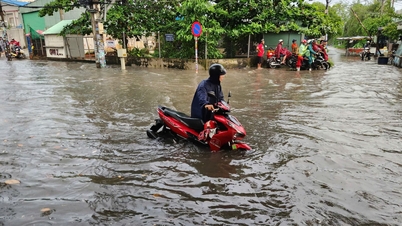
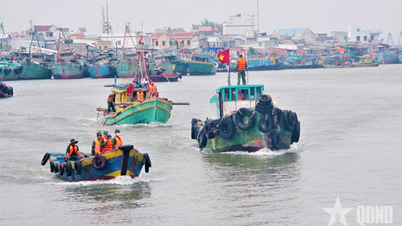



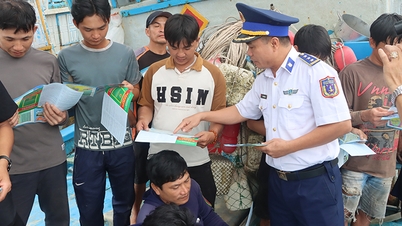



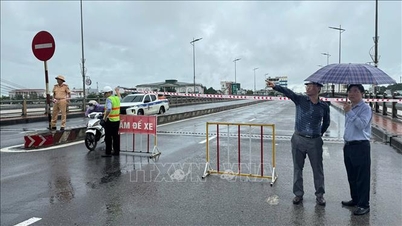
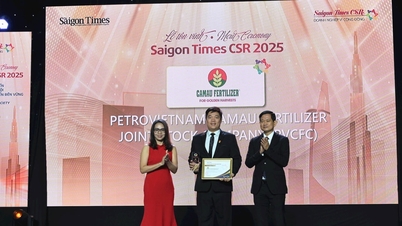

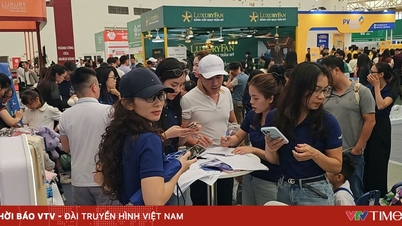

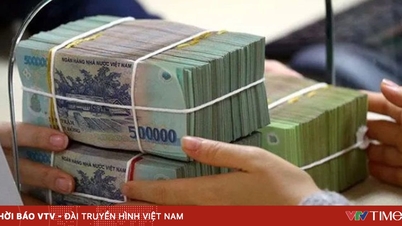
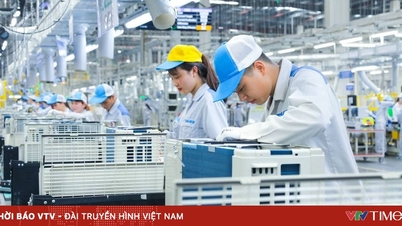




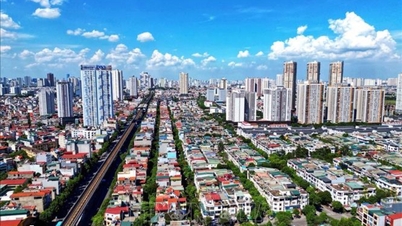
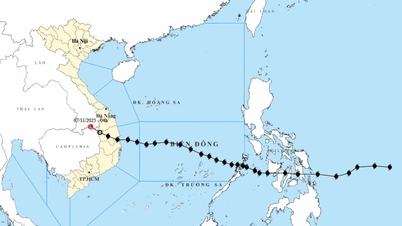
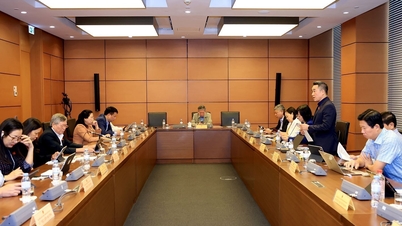
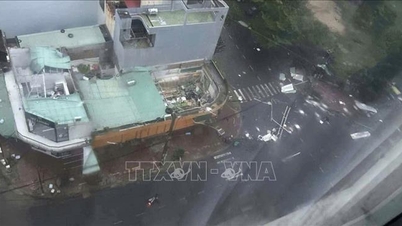
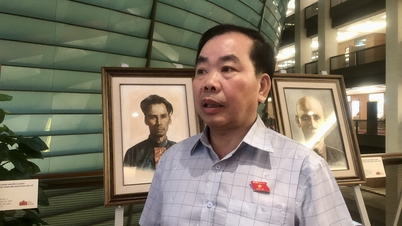





































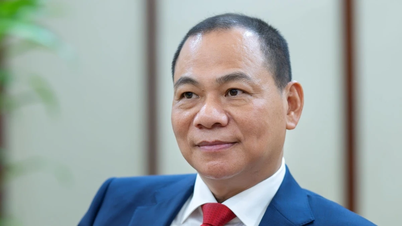
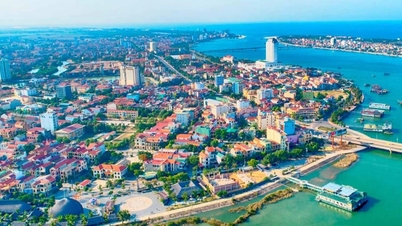











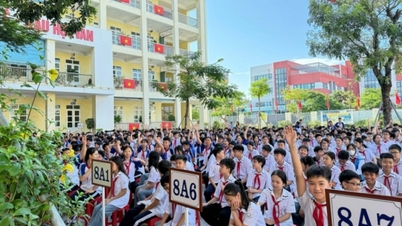

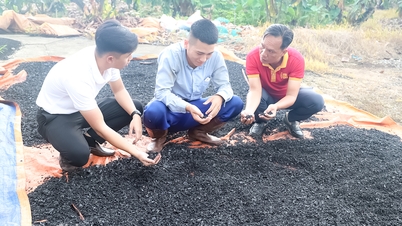

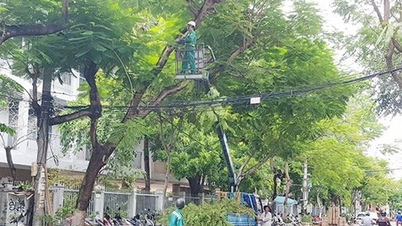

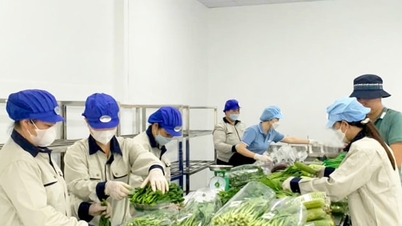

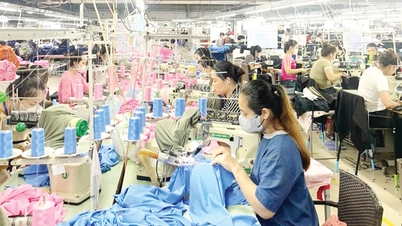















Comment (0)